Sponsored by Ozu City
With their unmistakable traditional architecture, Japanese castles in themselves are iconic symbols of the country. However, a tough history and successive waves of destruction have left only a hundred castles in the archipelago still standing today, most of which are reconstructions. On Shikoku Island, Ozu Castle in the city of the same name is a fine example of successful reconstruction using traditional construction methods.
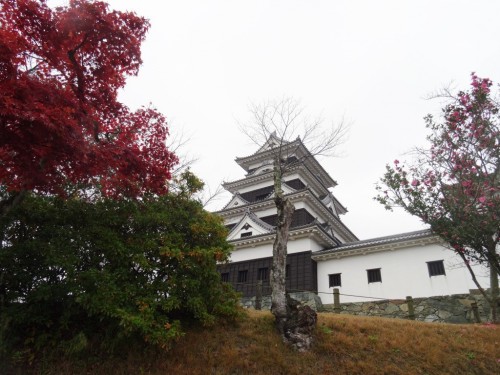
Ozu, at the Foot of its Castle!
Built in the early 14th century by Utsunomiya Toyofusa, Ozu Castle was the center of politics and economics of the Iyo-Ozu Domain. In Hirayama style, literally meaning “castle-hill”, the castle was built on a high hill that dominates the surrounding area, to monitor the territory and trade routes such as those on the Hijikawa River just below.
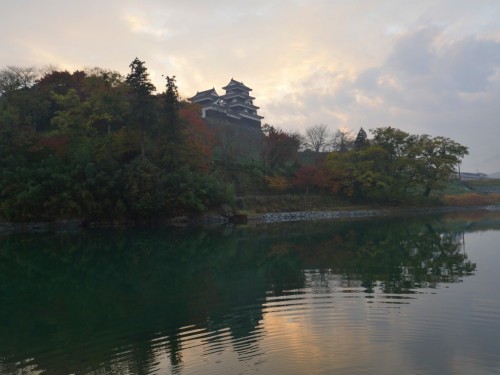
If arriving on foot from the station, be sure to stop by Hijikawa River on the opposite bank and gaze for the first time at Ozu Castle, perched on the hill and reflecting elegantly in the river. This beautiful overview allows us to understand the strategic location of the castle on the banks of the Hijikawa River, which becomes a natural moat.
Ozu Castle from the Edo Period to Today
The shape of the castle has evolved over the centuries to its current configuration, which dates back to the Edo Period (1603-1868). At its peak, the castle had 18 towers, which were gradually destroyed during the Meiji Period, ending with the destruction of the dungeon in 1888! The original four preserved towers were classified in 1957 as Japan’s Important National Cultural Property.
Thanks to this protection and the support of local residents, the municipality finally launched in 2004 the reconstruction of the main castle, called ‘the tenshu’, giving back to the castle its original silhouette.
A Successful and Traditional Reconstruction
Thanks to the many historical documents, including a model, the main castle has been faithfully reconstructed using traditional methods. The wooden structure was built without nails or screws, and with local wood species. Inside the castle there is a very well documented exhibition, with many models and plans, making it possible for us to understand the different stages of this reconstruction.
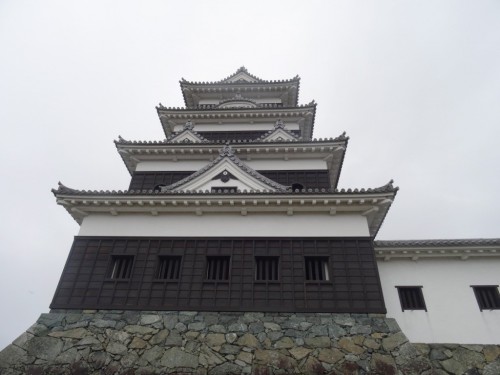
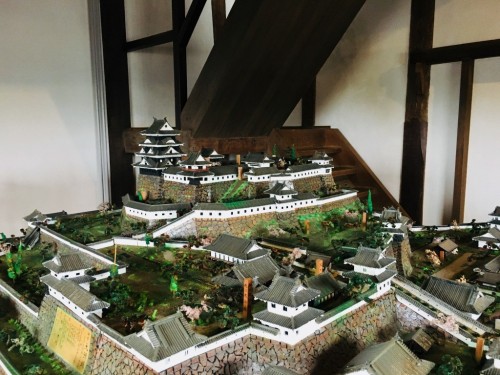
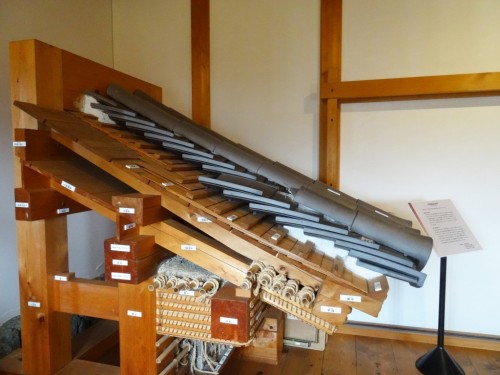
Taking a Tour of Ozu Castle
Before beginning the visit, you will walk along the stone walls, ishigaki in Japanese, whose curved base allows the structure to withstand earthquakes. The interior highlights the wooden structure. To reach the top floor, you have to climb particularly steep stairs designed to slow the ascent of enemies. Indeed, it was the last bastion of fallback in case of attack. At the top of the castle, one can admire the view of Ozu city and the Hijikawa River!
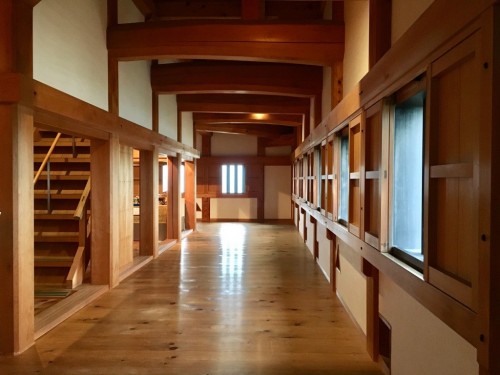
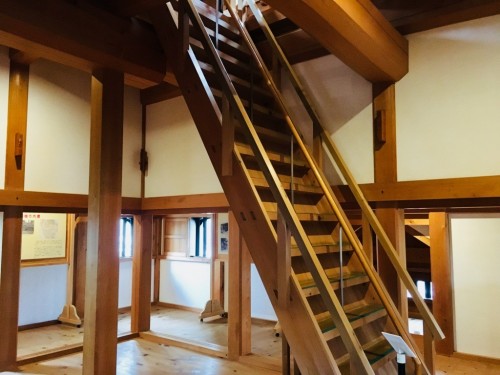
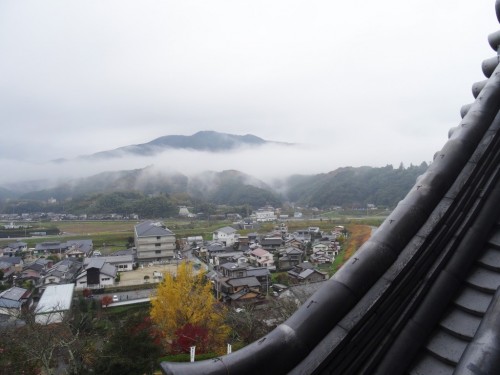
Ingenious Defense Systems
During your visit, you will also discover the four original towers, named yagura in Japanese, which literally means arrow shop and watchtower. Originally a storage place for arrows, the yagura gradually became defensive towers. At the corner of the Koran Yagura tower, there is an ingenious system: a corner slide (ishi-otoshi mado) that allowed stones and boiling oil to be poured on approaching assailants.
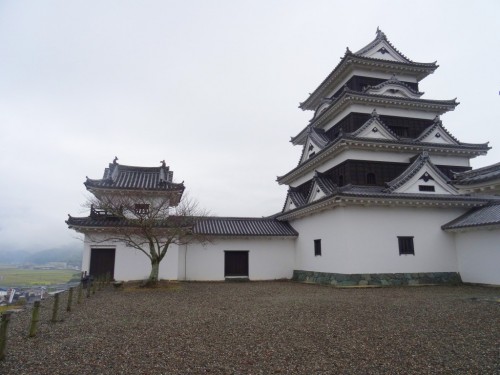
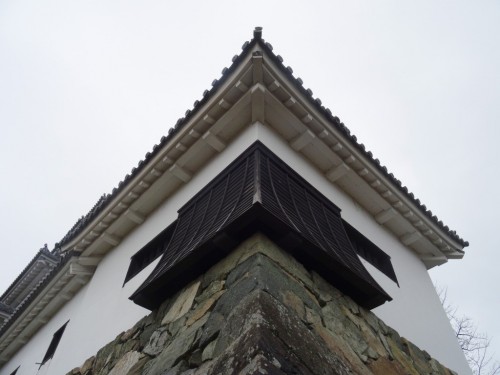
Access to Ozu Castle
Just 50 kilometers southwest of Matsuyama, Iyo-Ozu Station is easily accessible by train from the JR Yosan Line which also stops by Uchiko. From Matsuyama, you can choose between a 37-minute express train or a 70-minute local train. All of Ozu’s attractions are within walking distance of the train station, and it takes around 20 minutes to walk to the castle.
By car, allow about 55 minutes from Matsuyama.
[cft format=0]
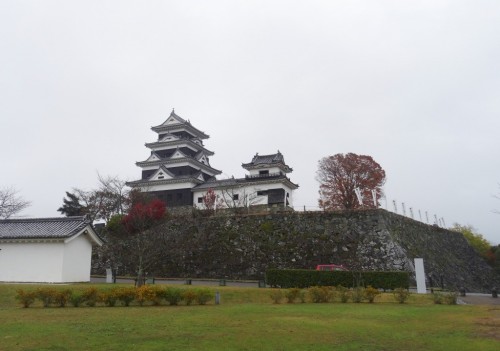
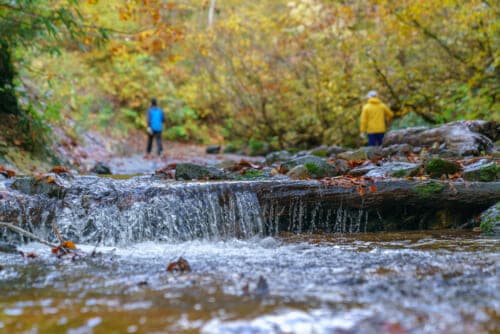
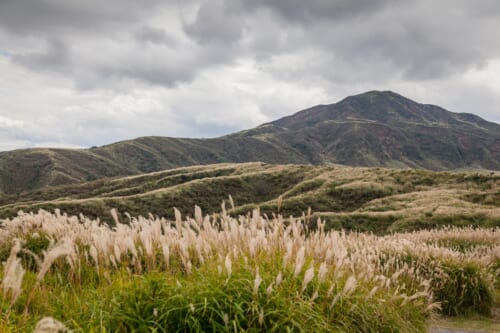
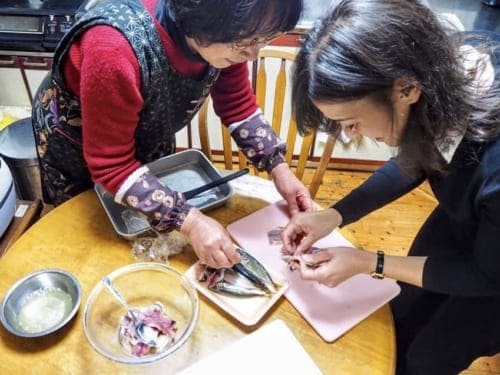

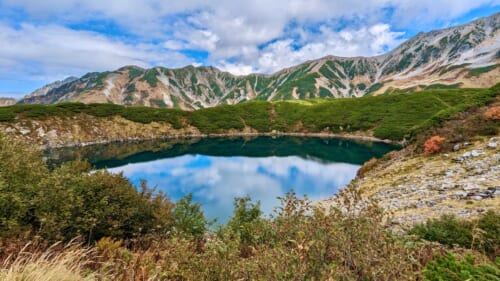
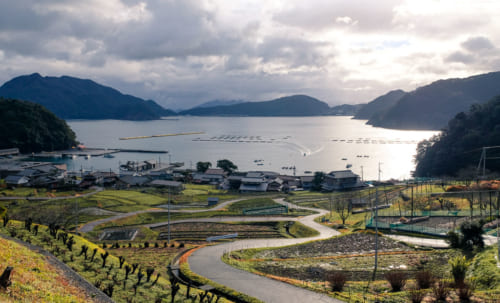


No Comments yet!